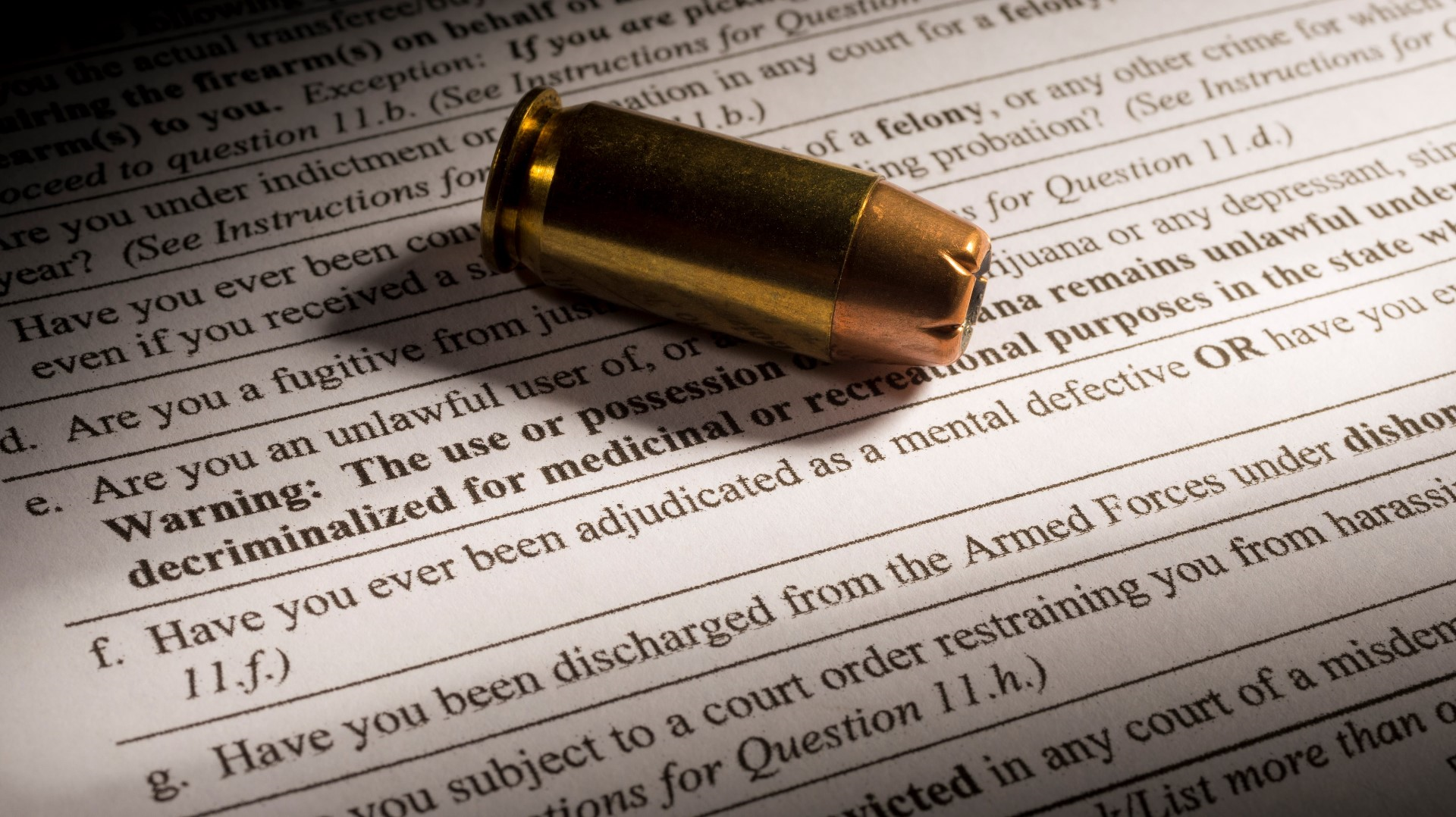In the wake of last week’s mass shooting at a Florida high school and the outcry for more gun control by students and parents, Michigan legislators may start the Second Amendment debate by looking at bills that would keep weapons out of the hands of people with mental health problems.
At least 48 bills have been introduced to either expand or restrict access to guns and other weapons since the beginning of 2017. While most of the bills are stuck in legislative committees, unable to get a vote, two that deal specifically with removing guns from people who have mental health issues may take precedence over bills that will expand access to guns.
“With everything that’s going on now, this is a tool that could have helped in Florida,” state Rep. Robert Wittenberg, D-Oak Park, said of his “extreme risk protection” bill.
The measure would allow family members or law enforcement officials to petition a judge to get weapons temporarily removed from a person who presents a dangerous threat to themselves or others.
Five states – California, Oregon, Connecticut, Washington and Indiana – have such bills, also referred to as "red flag" legislation, and another dozen states are considering similar proposals.
“We’re not coming out of left field trying to take people’s weapons away,” Wittenberg said, noting the bill includes a provision for penalties against a person if they make a frivolous claim about a person. “We’re getting a lot of calls on this and studies have shown that it saves lives. If nothing else, we should have a discussion on this legislation.”
State Rep. Jim Runestad, R-White Lake, is the chairman of the committee where the extreme risk protection bills have been sitting since June 2017 without a hearing. After a conversation with Wittenberg on Monday, he said he’s willing to take a look at the bills.
“I definitely want to read them. I’ll have to see if I think they merit a hearing,” he said, noting that dealing with limiting access to guns by people with mental health problems is something that everyone, both Republicans and Democrats, can agree on.
“What are we going to do to make sure people who are severely unbalanced are not given access to weapons?” Runestad said. “I’m also concerned about the number of people who pointed out the instability of this individual and authorities didn’t take that into consideration.”
Last week, a former student who had been expelled from Marjory Stoneman Douglas High School in Parkland, Fla., went on a shooting rampage at the school, leaving 17 students and teachers dead. Police and school officials had dozens of complaints and contacts with the student – Nikolas Cruz. And the FBI has acknowledged that it didn’t appropriately handle information about Cruz that came into an agency tipline.
While 32 of the bills introduced in the Michigan Legislature deal with expanding access to guns and other weapons, all introduced by Republicans, now may not be the time to take those up, some lawmakers said.
The Florida tragedy “reaffirms why we need to continue to work on mental health reform in Michigan and that’s why it continues to be a top priority of mine,” said Speaker of the House Tom Leonard, R-DeWitt Township. “I think the root of the problem is mental health reform.”
The Senate passed a bill last year that would allow people to carry concealed weapons in gun-free zones, such as schools, bars, stadiums, day care centers, hospitals and churches, as long as they got at least eight hours of safety training, but Runestad said that bill is “on ice for the foreseeable future. I think there's not the will at this point to take them up.”
The House has passed bills that would allow people to carry concealed weapons without getting a permit. Those bills have been relegated to a committee, chaired by Senate Majority Leader Arlan Meekhof, R-West Olive, that is unlikely to hold a hearing or a vote on the bills.
Meekhof has said that it’s a waste of time to take up bills that would likely face the same fate as other bills that expand access to guns – a veto from Gov. Rick Snyder.
In the days following the shooting at Sandy Hook Elementary School in Newtown, Connecticut, in which Adam Lanza shot and killed 20 students and six staff members, Snyder vetoed a bill in 2012 that would have allowed concealed weapons to be carried in gun-free zones.
Many of the bills introduced in the Legislature have to do with expanding rights to carry a concealed weapon without having to get a permit — bills aimed primarily at veterans and retired law enforcement officers. Others legalize the sale and possession of weapons such as switch blades, brass knuckles, Tasers and slingshots.
The bills introduced by Democrats, none of which have gotten hearings yet, include: restricting access to guns to people who have personal protection orders; requiring universal background checks; expanding the number of places that are categorized as gun-free zones, and penalizing people who leave guns in places where they can be accessed by children.
Only two of the 48 bills dealing with weapons have passed in this legislative session: legalizing the sale and possession of switchblades; and changing how people can get a concealed weapons permit, which takes discretion away from county gun boards and switches that authority to the Michigan State Police.
Contact Kathleen Gray: 313-223-4430, kgray99@freepress.com or on Twitter @michpoligal


